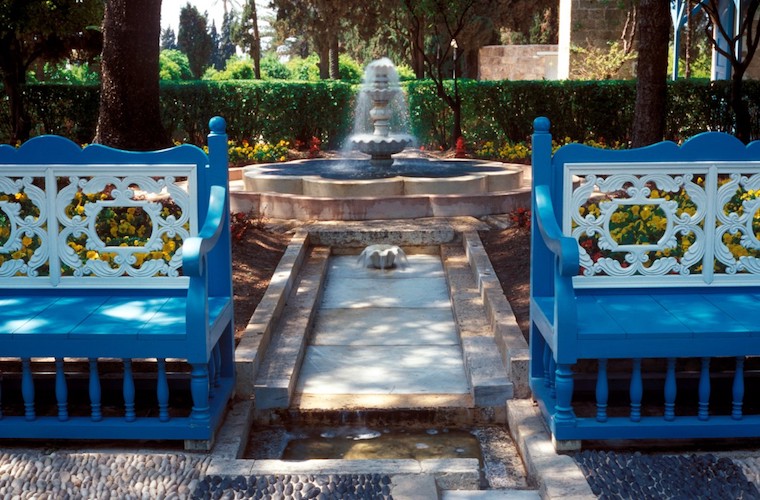
Ishraqat – Religion, Peace and Wisdom
 Ishraqat, like Tajalliyat, is a letter written by Bahá’u’lláh to one of his followers. Today, Bahá’u’lláh’s works are collected together and translated into many languages. It was not so when these works were created by Bahá’u’lláh. The Baha’i Faith was suppressed and it was dangerous to even possess such writings. They had to be carried in secret over thousands of miles by trusted messengers. To obtain a copy, each work had to be laboriously copied by hand. Some of the conditions of this time can be understood from Edward Granville Browne’s description of meeting Baha’is when he was in Persia, which we have seen in a previous article.
Ishraqat, like Tajalliyat, is a letter written by Bahá’u’lláh to one of his followers. Today, Bahá’u’lláh’s works are collected together and translated into many languages. It was not so when these works were created by Bahá’u’lláh. The Baha’i Faith was suppressed and it was dangerous to even possess such writings. They had to be carried in secret over thousands of miles by trusted messengers. To obtain a copy, each work had to be laboriously copied by hand. Some of the conditions of this time can be understood from Edward Granville Browne’s description of meeting Baha’is when he was in Persia, which we have seen in a previous article.
It is in this context, that we see similar principles and themes explored in successive works, although in each there is also always something new.
Ishraqat begins with a long preamble. It includes an explicit proclamation by Bahá’u’lláh that this is the “Day of Revelation”. These passages particularly reference metaphorical language of past scriptures such as the Qur’an. Phrases such as “have the mountains be scattered in dust”, “have the stars fallen”, “hath the bugle sounded” — are familiar in the context of the Qur’an.
The term “Ishraqat” means splendours or brilliant and the core of the work presents nine “Ishraq”. It is interesting to note that the word Ishraq is from the same root in Arabic as the word for East (i.e. the rising point of the sun).
A brief discussion of the first three Ishraq follows.
The first Ishraq concerns the importance of religion:
In truth, religion is a radiant light and an impregnable stronghold for the protection and welfare of the peoples of the world, for the fear of God impelleth man to hold fast to that which is good, and shun all evil. Should the lamp of religion be obscured, chaos and confusion will ensue, and the lights of fairness and justice, of tranquillity and peace cease to shine.[1]
The second Ishraq concerns peace in the world which Bahá’u’lláh calls on all mankind and the rulers of the world to establish. “Most Great Peace” in this in Bahá’u’lláh’s writings contrasted with the “Lesser Peace“, and is that peace that would arise from the implementation of Bahá’u’lláh’s teachings.
We have enjoined upon all mankind to establish the Most Great Peace—the surest of all means for the protection of humanity. The sovereigns of the world should, with one accord, hold fast thereunto, for this is the supreme instrument that can ensure the security and welfare of all peoples and nations.[2]
The third Ishraq concerns relationships amongst human beings at its broadest. It reiterates the concept of following divine law as it is “the wellspring of life to the world”.[3] It continues with the following observation.
The heaven of divine wisdom is illumined with the two luminaries of consultation and compassion and the canopy of world order is upraised upon the two pillars of reward and punishment.[4]
Here we see a further unfoldment of what constitutes wisdom. Wisdom is collective. It is enhanced by the exchange of thought and the attainment of unity among human beings. Moreover, compassion for each other is central to the acquisition of wisdom. This thought extends what we have already seen in respect of wisdom – that it has a practical dimension of service to our fellow human beings. The theme of “reward and punishment” also occurs a number of times in Bahá’u’lláh’s writings. It is essentially concerned with human shortcomings. Without systems of reward (such as economic gain) or systems of punishment (such as the criminal law), individual human shortcomings can undermine social order.
Future articles will continue an exploration of Ishraqat.
(This article is the 162nd in a series of what I hope will be 200 articles in 200 days for the 200th anniversary of the birth of Bahá’u’lláh. The anniversary is being celebrated around the world on 21 and 22 October 2017, The articles are simply my personal reflections on Bahá’u’lláh’s life and work. Any errors or inadequacies in these articles are solely my responsibility.)
Image Credit:
Fountain and benches in the Ridván Garden in ‘Akká (Acre), Israel. Copyright © Bahá’í International Community
Location: ‘Akká (Acre), Israel
Image link: http://media.bahai.org/detail/5744432
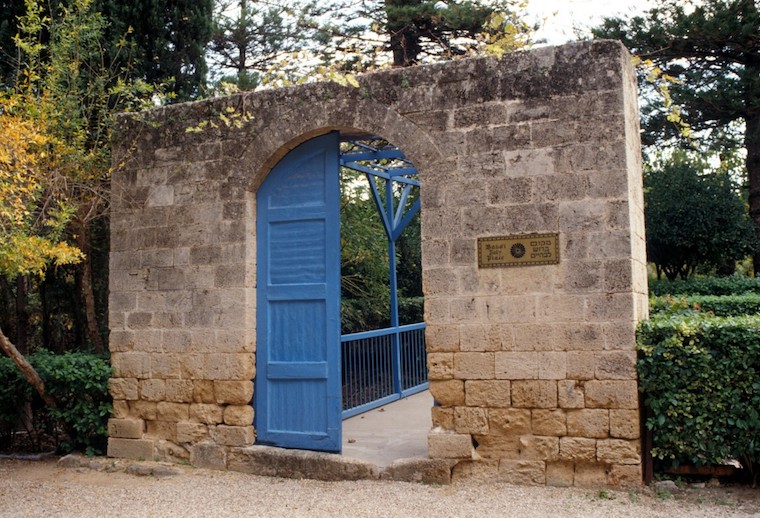

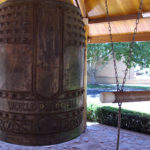



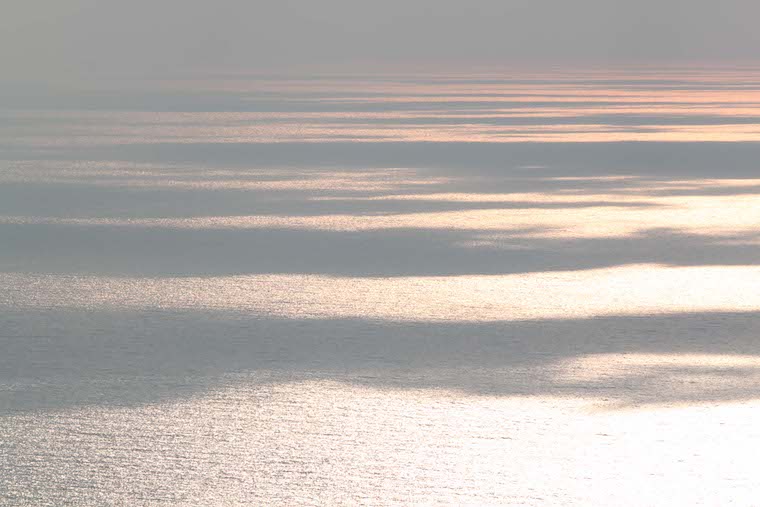
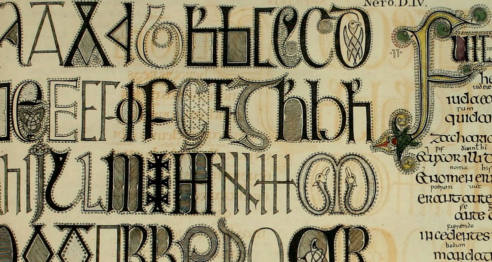
2 Comments
Michael Curtotti
Thanks Sara, It’s great to be able to connect with people around the world. I’m getting so much out of engaging with Baha’u’llah’s writings more deeply as well. So I kind of feel the same. I haven’t sent out a newsletter for a while. Have to get on to it. 🙂 regards Michael
Sara
Thank you so much for what you’ve created & share here. It truly is an act of loving kindness that I benefit from as an isolated believer. You are helping me deepen by providing this site & as I learn more & more my love (& feelings of sheer humility & gratitude) of/for the Blessed Beauty just keeps growing & expanding. I have just signed on for the newsletter.